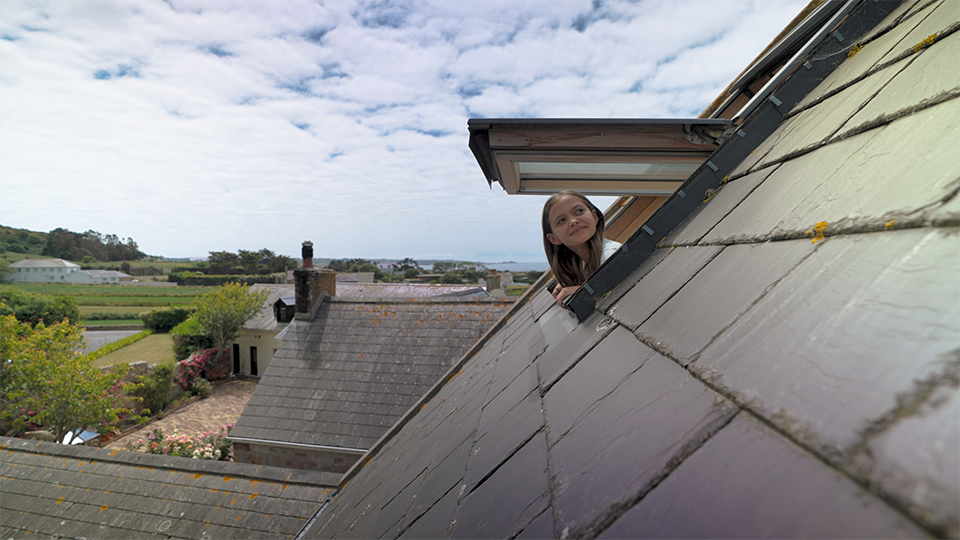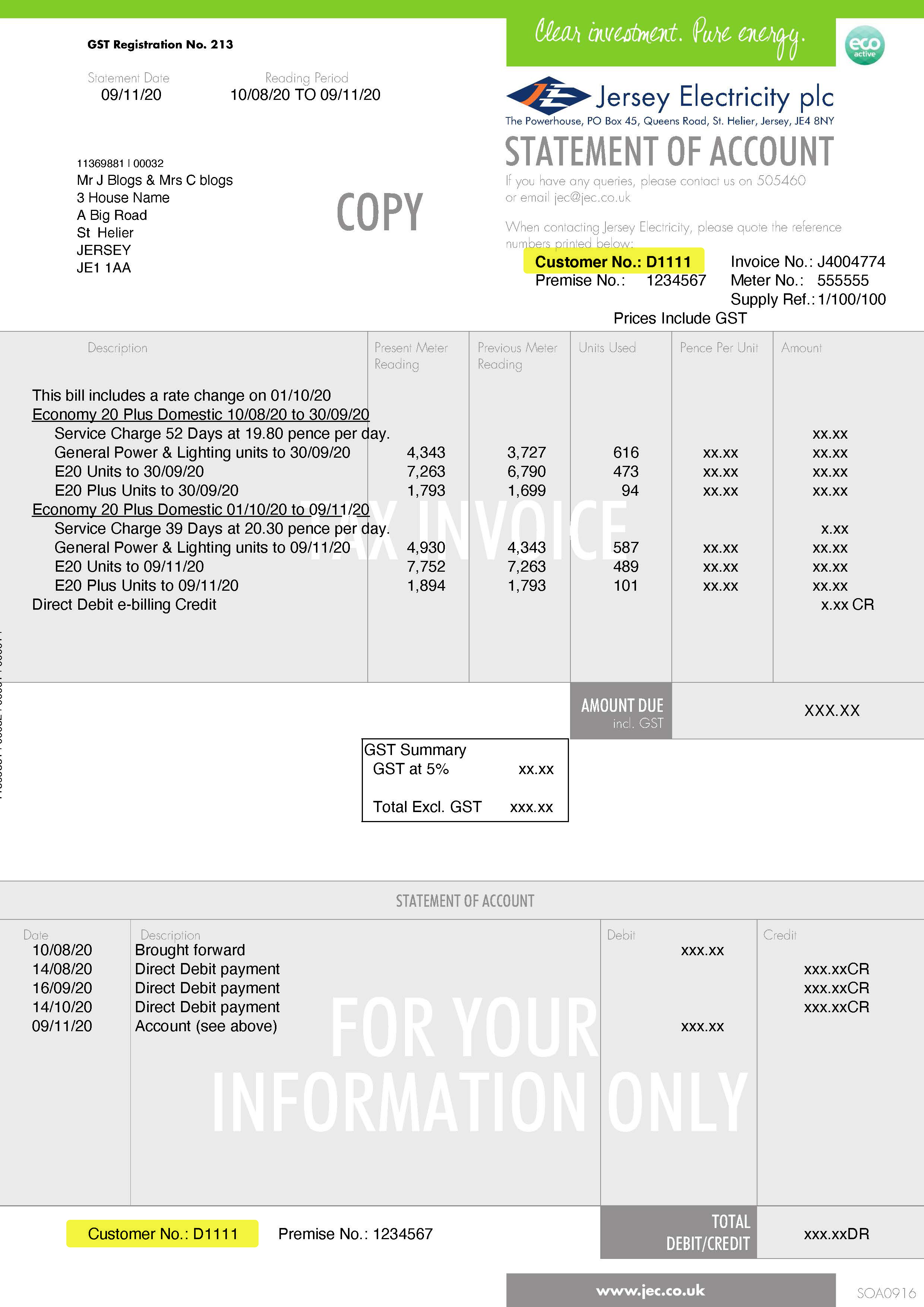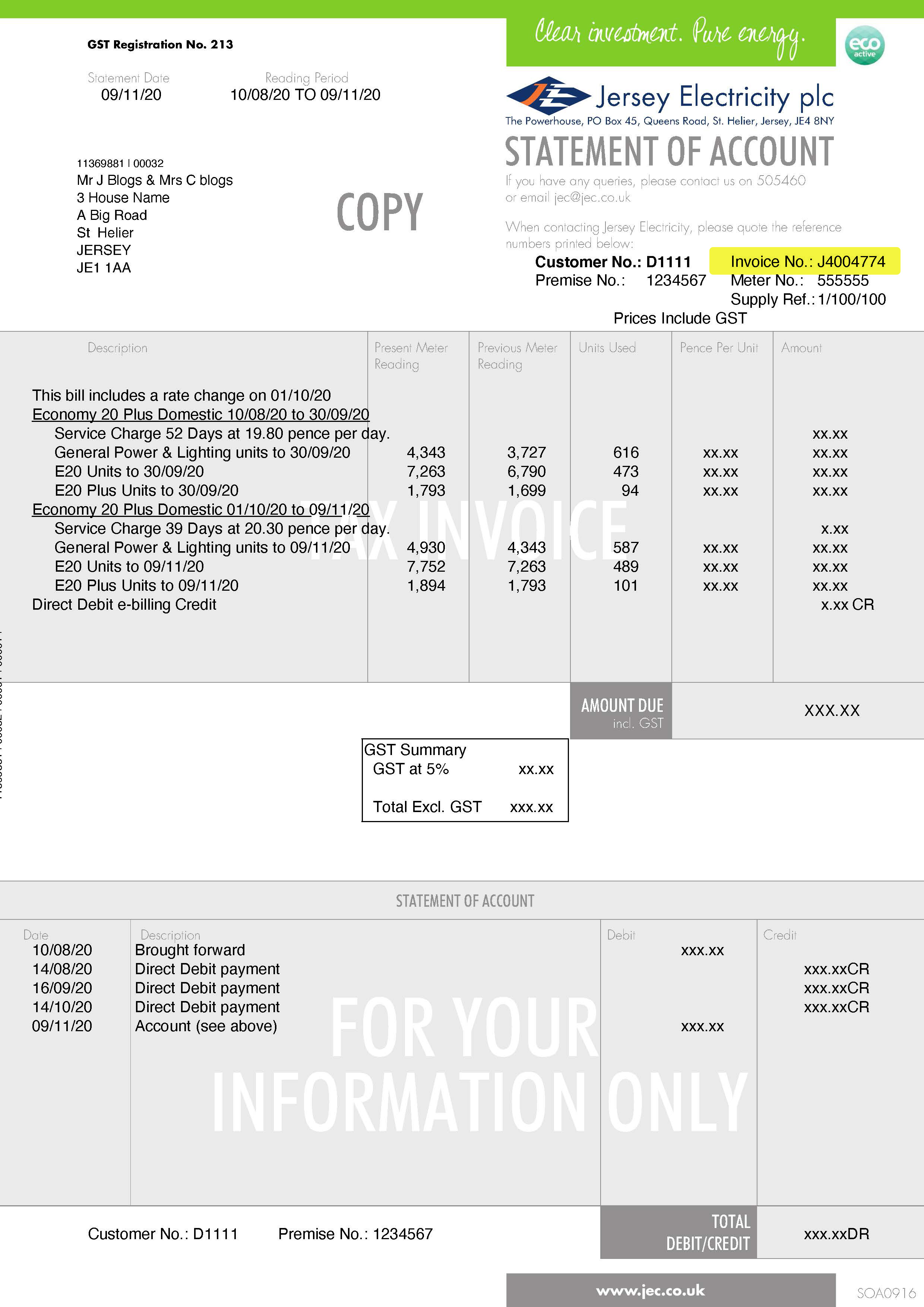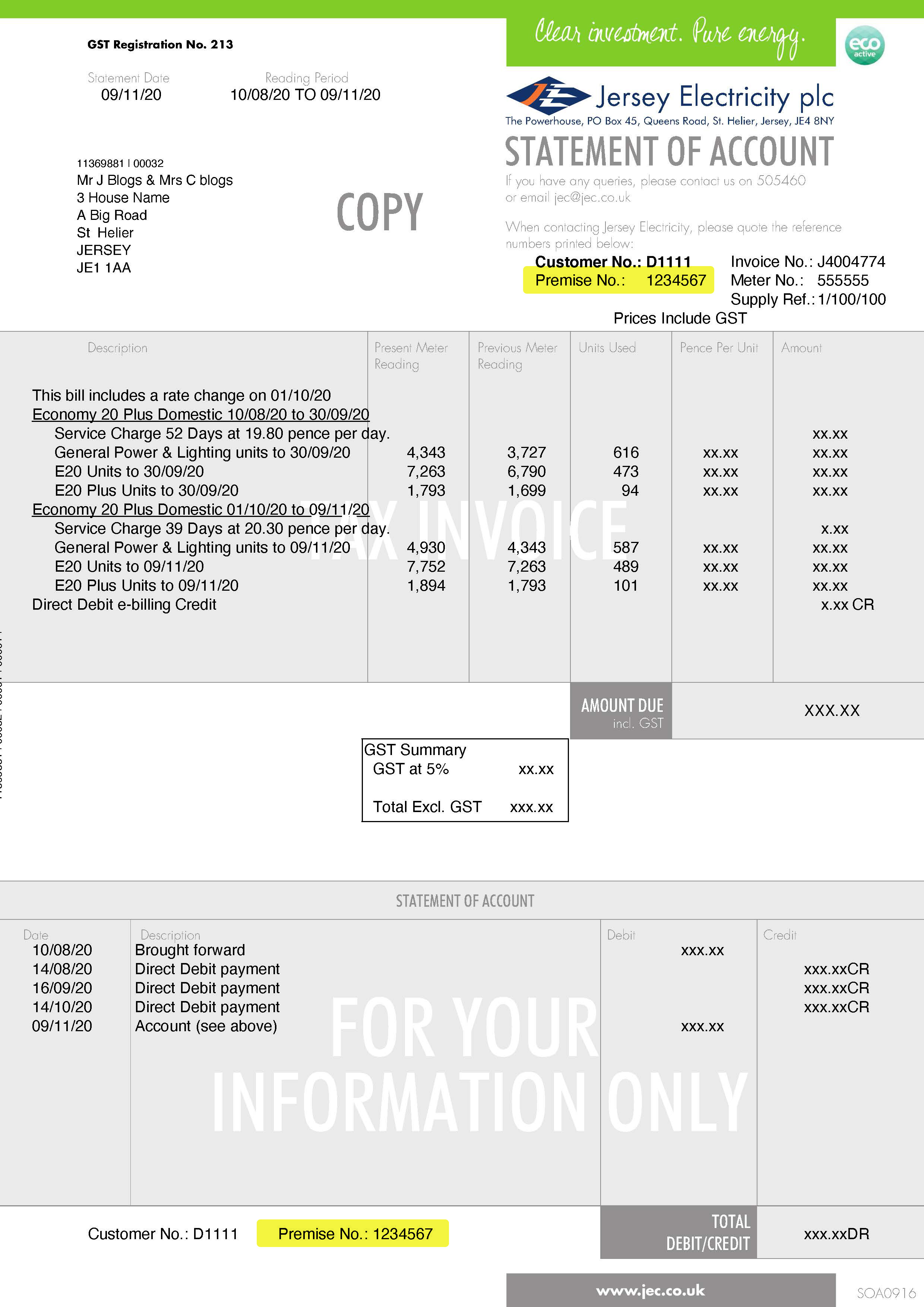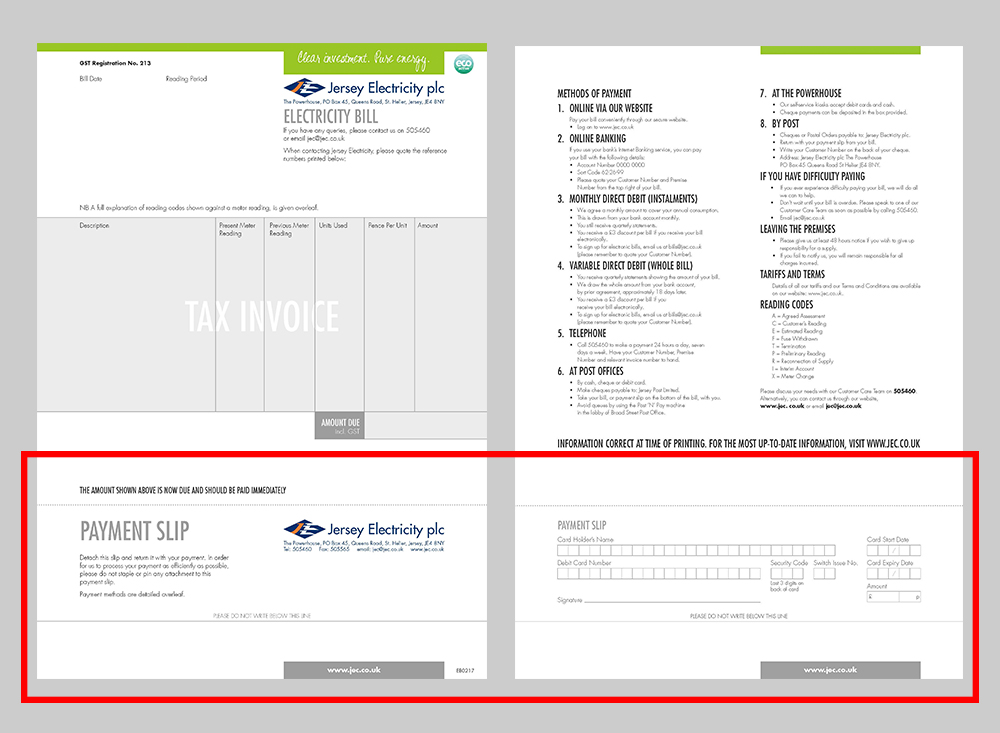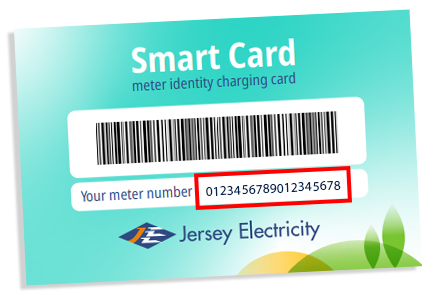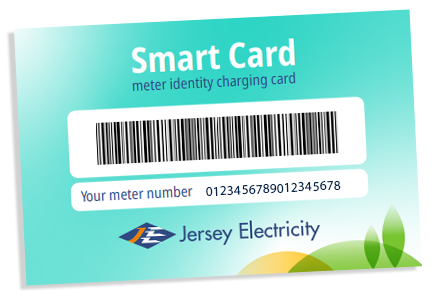Contact us today to arrange a visit from our Business Development team. Our experts can advise on the best electric heating system for your home as well as provide information about our domestic solar offer and how it can work for you.

Jersey’s Rooftop Revolution
We are excited to offer customers switching from fossil fuel heating our Smart Solar offer to transform your home into a low carbon, energy-efficient sanctuary – whilst making savings on your overall energy use, carbon footprint and domestic bill.
Rest assured that phase two of our solar offer will open JE installed domestic rooftop to all electric heating customers.

Why join the Rooftop Revolution?
Harness our local crop
Be part of securing Jersey’s renewable energy future by harnessing energy harvested straight from your rooftop
Save money on bills
Use as much of your own solar generated energy in your home as possible, and we’ll buy the rest. Good for you, good for the planet.
Take charge of your own energy
Using smart technology, you can view and manage your home’s energy generation.

Hot water, harvested from your roof
Self-consumption of the solar energy generated is the best way to get the most value from your solar array.
To help you achieve this, our smart controlled heating systems are specially designed to work on grid-connected solar PV installations. The solar energy generated will be diverted into your home to produce sustainable hot water, with the surplus power diverted to the electricity grid.
Transform your home energy system with our trusted partnerships
We have partnered with local and UK industry experts to deliver our unique solar offer.
Leading solar technology
Our technology partner myenergi is focused on providing innovative technology to enable people to access a greener energy future. myenergi’s eddi is the market-leading technology that diverts your solar energy into you hot water system and its app lets you manage the energy from their fingertips.
Heating experts
Your new electric heating and solar technology will be delivered by our trusted and highly skilled JEBS team and managed by our Energy Solutions Business Development experts.
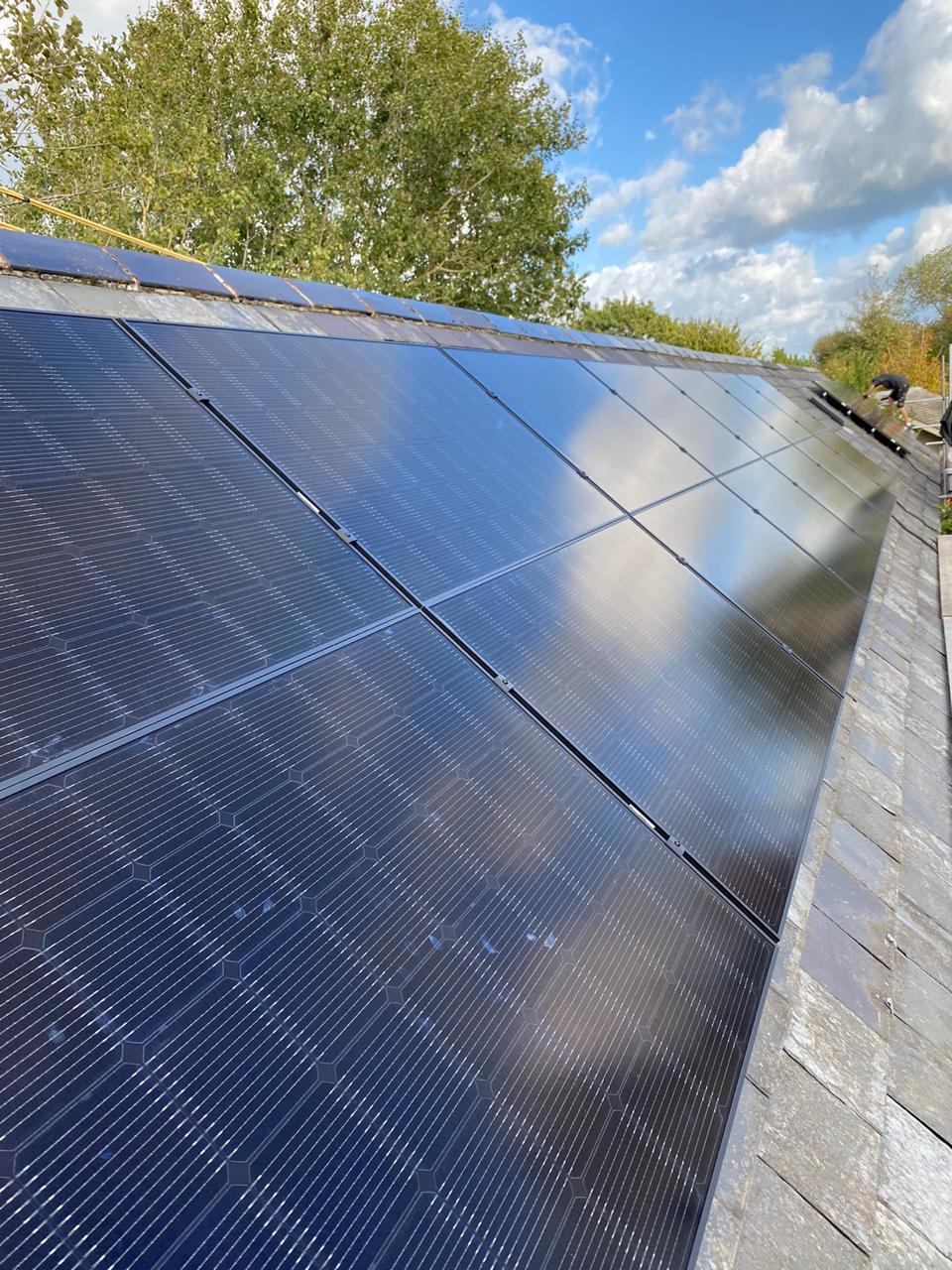
Export solar energy
As Jersey’s home energy partner, we see the future of positive energy as one where people are closely connected with their power – and renewable energy is an essential part of this.
Through rooftop solar arrays, customers can harvest their own green solar power, which we will then buy from customers and export to the grid for the benefit of all Islanders. While we have developed our home solar offer to maximise self-consumption by heating your hot water, our export tariff is amongst the best anywhere in the UK.
Heat your appliance and water, then we’ll buy your surplus solar energy – it all adds up to savings for you.
Green Export Guarantee Tariff
We offer a single-rate tariff for domestic customers with approved embedded generators (EmGs) who want to sell excess units back to the grid - perfect for our domestic solar customers.
The card below shows the current rates for the current Green Export Guarantee tariff. These rates are subject to change.
Rates effective from 1 January 2025.
Green Export Guarantee Domestic
Price per unit
General Domestic service charges per day
Other tariffs service charges per day
All rates are inclusive of GST
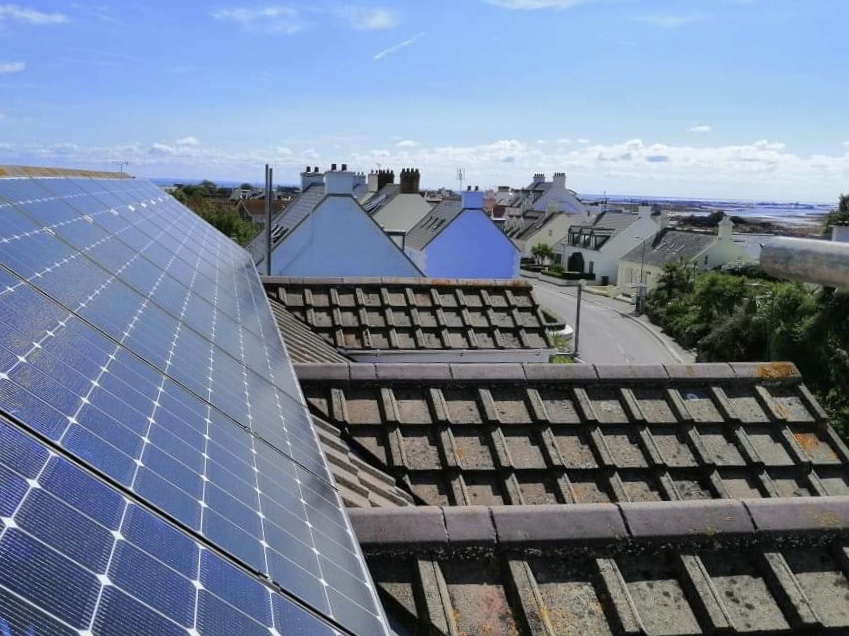
Smart tech for the Smart Solar home
As part of your solar array, we provide the latest technology to help you get the most out of your installation.
We will install a solar diverter, immersion controller and energy diverter – a complete smart energy management system to link your solar energy to your water system or the grid.
The innovative myenergi eddi is a diverter which intuitively transports energy into your water system. This is fitted in a discreet location within your property. The myenergi app is a control panel allowing customers to view and manage home-grown solar energy from one place.
• Set timers
• Use boost functions
• Prioritise use of grid or renewable energy
• Monitor grid import and export
Interested in joining the Rooftop Revolution?
FAQs – everything under the sun you want to know about solar
Why should I install solar?
Solar energy offers benefits ranging from financial savings to reducing environmental impact. Reducing carbon emissions from your home also supports the bigger picture of helping Jersey reach net zero.
When you install a solar energy system on your property, you save money on your electricity bills and protect yourself against future rising electricity rates. With an efficient solar system, you could boost the value of your home. Many potential buyers are attracted to properties with installed solar panels because of the long-term savings they offer.
Can solar panels power my entire home?
The ability of solar panels to power your entire home depends on factors such as the size of the system, your energy consumption, and sunlight conditions. While achieving complete energy independence with a sufficiently sized solar installation and energy storage solutions is possible, most homes remain connected to the grid for when solar energy production is low.
When you install solar panels on your property, your existing JE electricity supply will remain in service. This allows you to draw from the grid when your system is not producing all the power you need and send power back to the grid when you produce more energy than you use.
Getting the best out of your solar PV system?
When planning a new solar installation or if you already have solar, the most important thing is to maximise your self-consumption. Using more of your solar energy yourself to minimise exports and reduce dependence on export rates improves the payback value of your solar investment.
How long will it take to make a return on my investment?
How quickly it takes you to reach payback on your solar panels depends on two things:
- How much money you save on generating electricity compared to buying it from JE.
- What you can earn from selling any excess electricity you produce.
However, you'll quickly find that increasing your self-consumption is critical. EV charging and heating your hot water cylinder are the two most common uses for self-consumption.
What is a solar diverter?
A solar diverter is a device that directs electricity generated by your solar panels towards a specific load or appliance, usually your hot water cylinder, to heat water instead of exporting it back to the grid, or a heat battery. A diverter is often the smart technology within a home solar installation. A diverter can significantly reduce or even eliminate the use of grid electricity for heating hot water.
What does the process of getting solar look like?
- Our expert designers will survey your house and produce a design and a quote.
- Discuss the design and quote options with JE.
- You decide to go ahead or not.
- We schedule the installation and our local solar partner installs the solar system.
- JE installs the smart solar diverter and heating system.
- JE commissions the system and provides all the information you need to best run your new all electric home.
Are there any limitations?
Initially, JE's Solar offer is available for customers switching to electric heating from fossil fuel heating – this is where we believe we can make the biggest difference in decarbonising Jersey. In the future, we will offer home solar to those who are already on electric heating.
We do not currently offer financing solutions for solar, but we can help finance the heating system.
If you do not own your property, we suggest you talk to your landlord.
Why choose JE?
JE is a trusted company; we will serve Islanders with the best warranties and quality, now and in the future. JE is the only company offering a complete package for converting to electric heating and a smart solar system in one project.
Do I need a south-facing roof?
No, solar PV panels work on all roofs that have sufficient sunlight. East/west-facing systems typically generate around 86% of an equivalent south-facing roof.
How much does a domestic solar installation cost?
The cost of a solar installation varies depending on factors such as the size of the system, location, roof type, and any additional equipment or services required. A typical residential solar panel system can cost between £9,000 and £18,000.
If you are doing other house renovations using scaffolding, that could be a good opportunity to lower the cost of your solar installation.
Why can't I put my solar-generated power into my heating?
Most electrically heated homes have two electricity circuits, one connected to a low-rate heating tariff, such as E20 or E20+ and one for everything else in your home, such as lights and appliances. Solar is connected to the general lights and power circuit.
Usually, your heating is needed when you don't have solar power available, during winter months and at night-time. This often means you lose or export most of your self-generated power, which could be more cost-effective. For example, solar connected to your general household circuit will maximise self-consumption by running appliances, heating your water cylinder, or charging your EV.
Solar glossary
A - Array
A group of solar panels connected together to generate electricity.
B - Battery Storage
A system that stores excess solar energy for later use, typically in rechargeable batteries.
C – CosyCare
A year-round maintenance and repair cover for your electric heating and hot water supply.
D – Diverter
A device through which any solar power not being used in your home is diverted to an electrical appliance, generally an immersion heater in your hot water cylinder.
E – Export tariff
Solar export tariffs are offered by energy companies that pay you for all the electricity you send to the grid, see Green Export Guarantee
G - Grid-Tied System
A solar power system that is connected to the electricity grid, allowing homeowners to use both solar energy and grid power.
H - Heat Battery
A heat battery, also known as a thermal energy storage system, is a device or system used to store and release heat energy for later use. It works similarly to a battery that stores electricity but instead stores heat, such as a hot water cylinder.
I - Inverter
A device that converts DC electricity from solar panels into AC electricity for use in the home. Inverters are often installed in a property loft space, also see Micro-inverter.
J - Junction box
A component in a solar PV system where electrical connections are made between solar panels and other system components.
K - Kilowatt hour (kWh)
This measurement how much electricity you use over time. It's like tracking how many minutes you spend on your phone each day. The "kilo" part means a thousand, and "watt-hour" tells you how much power you use per hour.
On your electricity bill, one unit is one kWh, which tells you how much energy you've used during a billing period, usually 90 days. This information is important because it helps you understand how much electricity you consume and how it translates into costs. The more kWh you use, the higher your bill because you use more electricity.
K - Kilowatt hour peak (kWp)
The unit of measurement for the maximum output of a PV solar system. If you have solar panels on your roof, the output isn't always the same. Sometimes, it's cloudy, and sometimes, it's sunny.
L - Load
The amount of electricity consumed by appliances and devices in a home. Often load is used to describe an appliance that you can divert solar power to, such as a hot water cylinder or an electric vehicle.
M - Microinverter
A small inverter installed on each solar panel to convert power from DC to AC, optimise energy production and improve system efficiency. Here at JE, we only install microinverters as they provide the best systems performance.
O - Off-Grid System
A standalone solar power system that is not connected to the electricity grid, often used in remote locations.
P - Photovoltaic (PV)
The technology used to convert sunlight into electricity in solar panels.
Q - Quality Assurance
The process of ensuring that all components of a solar power system meet industry standards and perform as expected. All JE installations comply with nationally recognised quality standards.
R - Racking
The mounting system used to secure solar panels to the roof or ground.
S – Smart Heating
The most efficient way to have complete control over your home’s central heating and energy bills. It allows you to monitor your system wherever you are and heats your home only when it needs it, rather than wasting energy unnecessarily.
T - Tariff: Green Export Guarantee
A JE tariff that pays you for surplus power that your solar system sends to the JE electricity grid. When we install solar with a new heating system we will also install an export meter which will record how much power you export to the grid.
T - Tilt Angle
The angle at which solar panels are mounted to maximize sunlight exposure and energy production.
U – Unit(s)
A unit of electricity is one Kilowatt hour (kWh).
V - Voltage
The measure of electrical potential difference, typically referring to the output of solar panels or batteries.
Y - Yield
The amount of electricity produced by a solar power system over a given period of time.
Z - Zero-Carbon Home
A home that does not emit greenhouse gasses, specifically CO2, into the atmosphere. Homes release greenhouse gases through burning fossil fuels to heat or cook on a gas stove. A zero-carbon home has full electrification of heating, cooking and transport.

Solar 5000
Solar makes perfect sense for Jersey. It is the ideal partner alongside the low carbon electricity we import from France.
Solar 5000 is our ambition to power 5000 homes through locally-generated solar energy by 2030.
Useful links
Domestic Solar
465kb